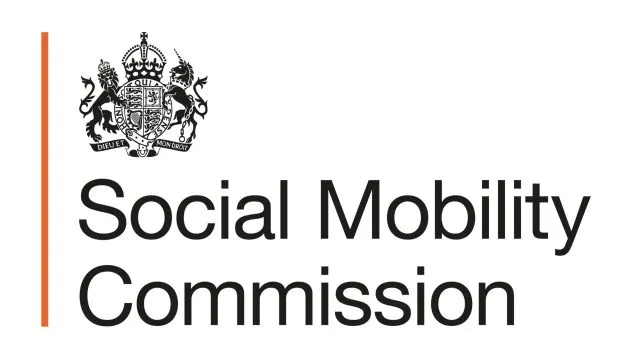The breadth of extra-curricular activities, spanning the musical, artistic, social and sporting domains, are widely considered valuable life experiences that should be open to all young people, regardless of background or where they happen to live. Activities such as being a member of a sports team, learning a musical instrument, or attending a local youth group are thought to be enriching life experiences. Apart from their inherent value, it is often claimed that young people can also develop positive tangible outcomes from these experiences of interacting and working with others through organised extra-curricular activities, which could benefit them in later life.
This report considers the significance of extra-curricular activities within contemporary debates around social mobility. It focusses on secondary aged school children and assesses available evidence on the possible impact of extracurricular activities across a range of outcomes as well as current gaps in opportunities to participate in different activities. These questions are considered in the context of broader debates around the importance of soft skills within the UK labour market.
